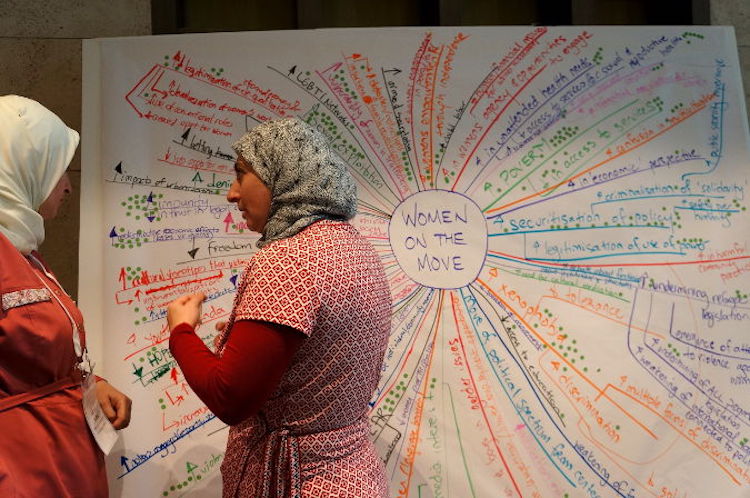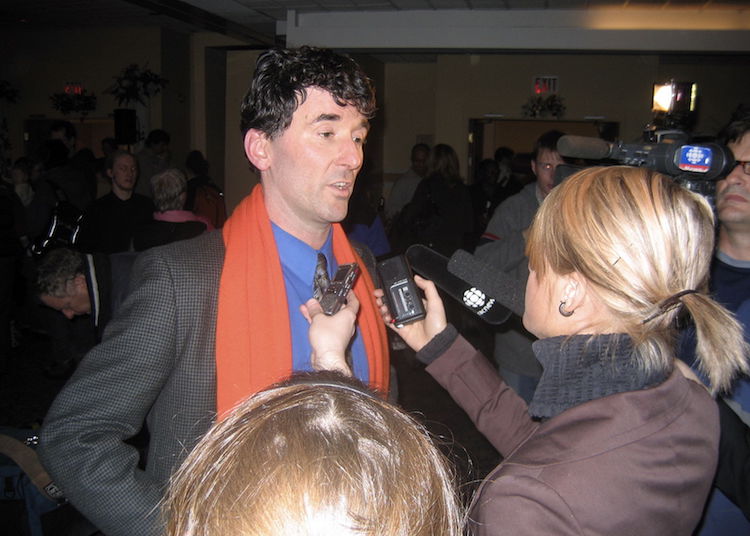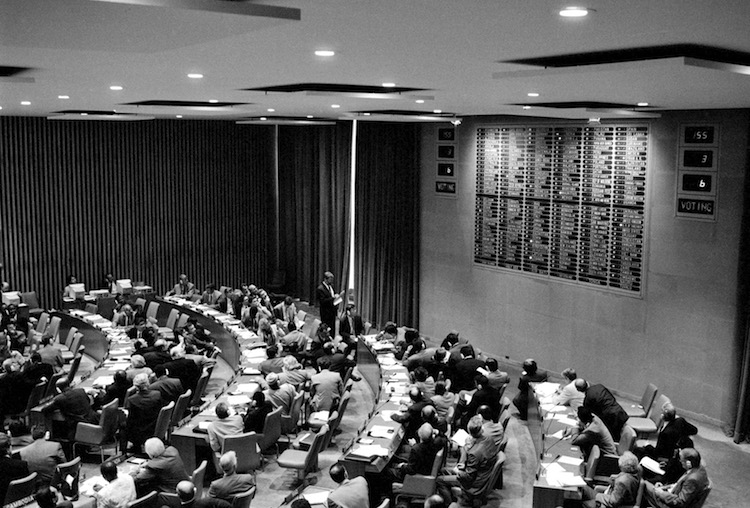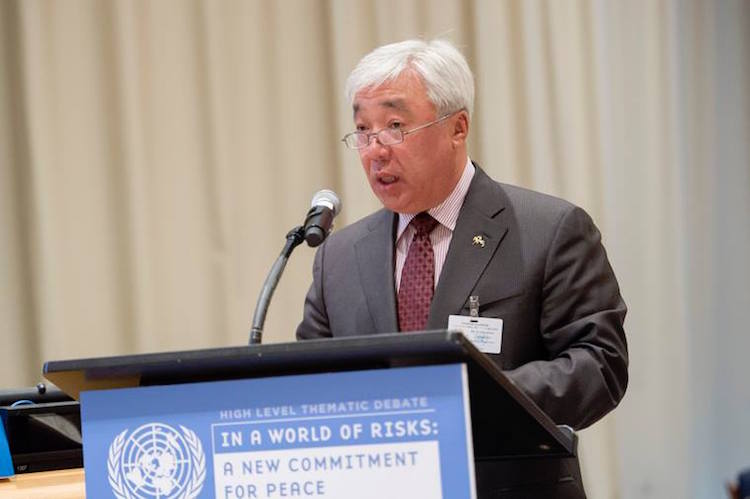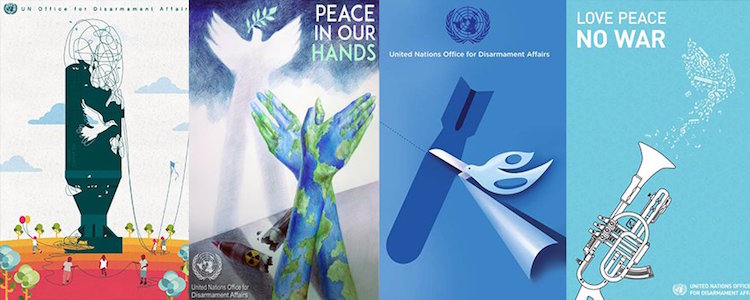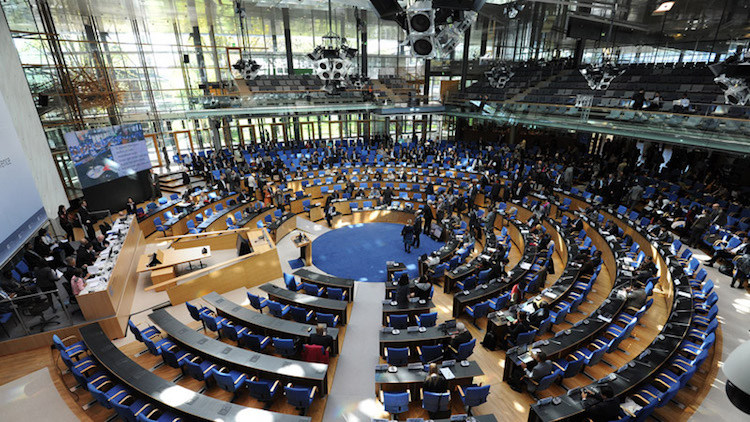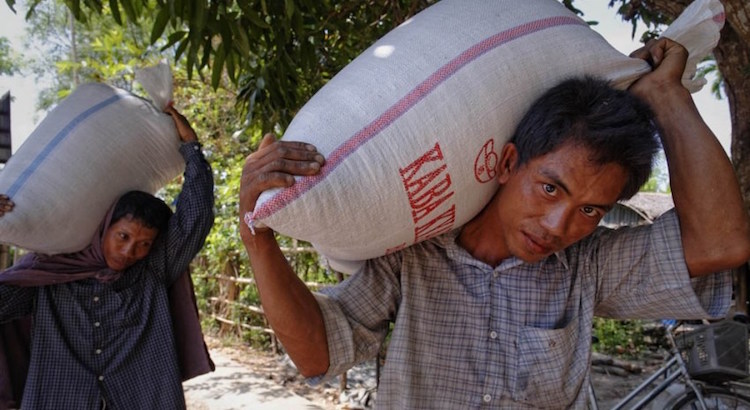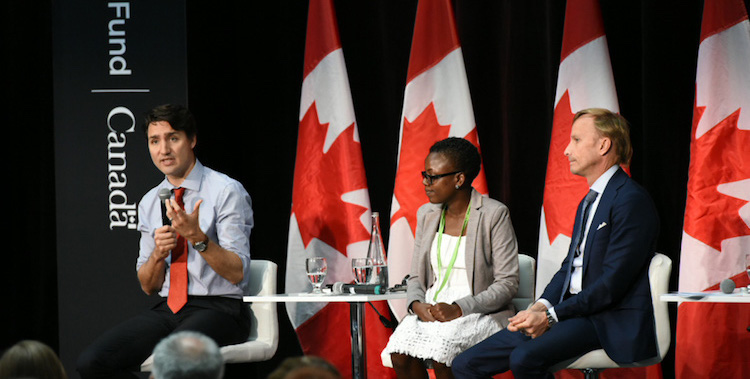Viewpoint by Rene Wadlow *
GENEVA (IDN) – The aim of the World Humanitarian Summit organized by the United Nations in the words of the UN Secretary-General Ban Ki-moon is to see what should be done “to end conflict, alleviate suffering and reduce risk and vulnerability”.
Turkey is on the front lines of the consequences of armed conflict with nearly three million refugees from Syria and Iraq as well as its own attacks against Kurds. Turkey has entered into agreements with the States of the European Union concerning the flow of refugees through Turkey to Europe − agreements that have raised controversy and concern from human rights organizations.
Given the policies of the Turkish government, some non-governmental organizations have refused to participate in protest. Doctors Without Borders − one of the best-known of the relief organizations − has pulled out. However, the Association of World Citizens will participate while working for a settlement of Kurdish issues at the same time.


